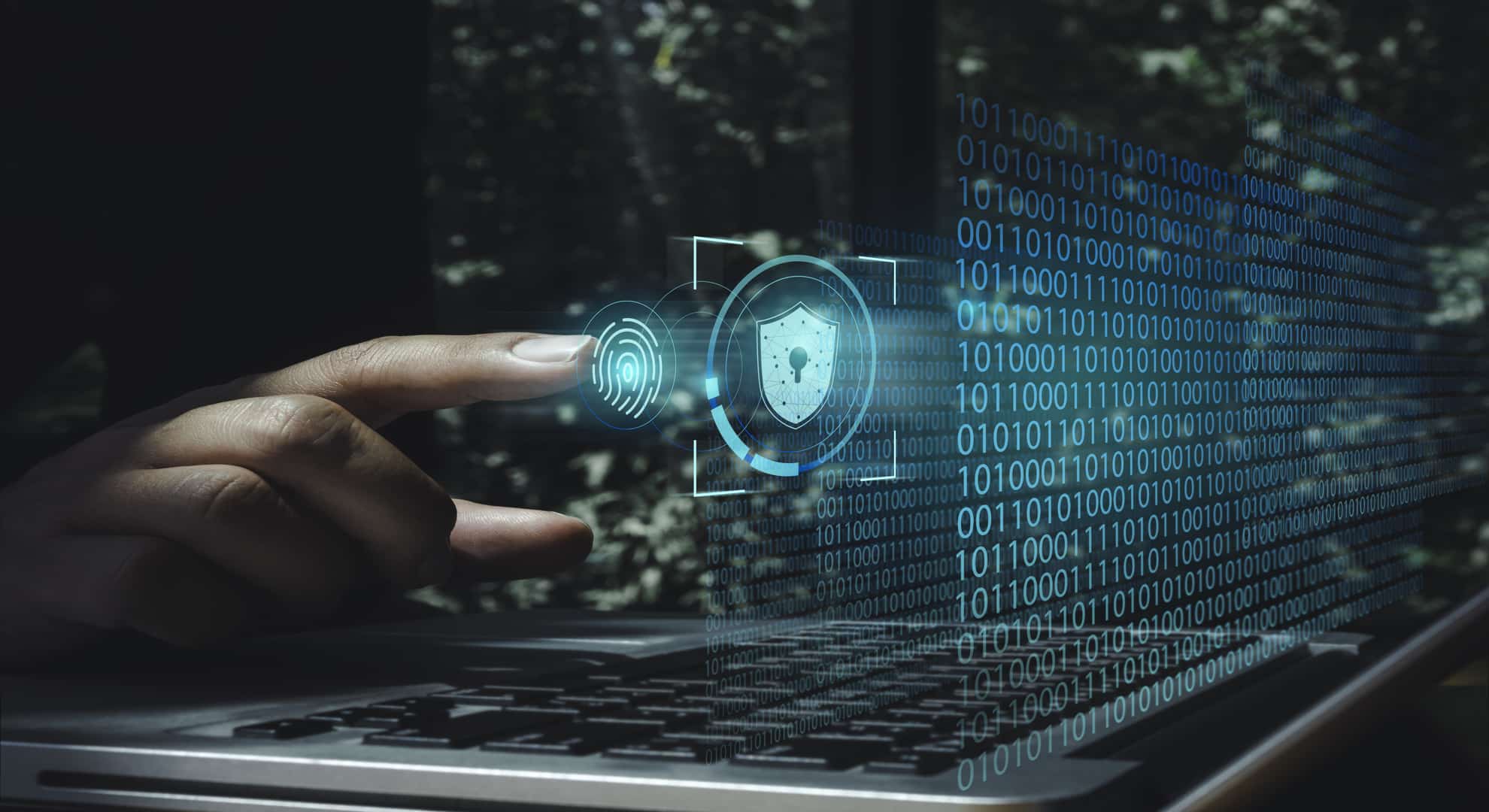
18 Nov The metaverse police – did you know Interpol is also digital?
One of the most recurrent concerns throughout history when discussing the internet and technology has always been security. And that’s hardly surprising, given each and every day the number, complexity and type of applications and technological developments using our personal data only increase. It’s not just our financial and private data we worry about, but also our biometrics, our healthcare information, our tastes and behavioural patterns and habits… the list goes on. In the metaverse, exactly the same things that currently only take place online will soon start to happen there too, but with considerably increased data flows to consider.
That’s why law enforcement agencies and police forces are already starting to allocate resources, personnel, expertise and efforts to their digital operations. After all, criminals have the same tools available to all of us on the internet, they simply apply their “talents” to undesirable illegal activities. The metaverse will open up a whole new playing field for criminals and Interpol is the international police force charged with taking the lead in combatting them.
Interpol seeks to use the metaverse as a meeting point and place for inter-police collaboration
At its 90th General Assembly recently held in New Delhi, Interpol unveiled its own space in the metaverse, the first of its kind. The international body has ensured this little corner of the metaverse will be a place users can come into contact with the organisation and “function” normally as the digital headquarters of Interpol’s General Secretariat in Lyon.
The metaverse, and this space in particular, will allow Interpol to eliminate two of its main operational and legal challenges: physical and geographical borders, and interdepartmental obstacles between law enforcement agencies from different countries.
In the metaverse, officials from both Interpol and other police forces will be able to interact with one another directly via their avatars. Furthermore, Interpol hopes to launch an intensive training programme in the metaverse focussing on forensic investigations and other techniques and skills within law enforcement.
The metaverse as the natural evolution of digital police work
“To many, the metaverse appears to herald an abstract future, but the issues it brings with it are what Interpol has always been driven by: supporting our member countries to fight crime and make the world – whether virtual or otherwise – safer for those who live in it”, explains Jürgen Stock, Interpol Secretary General.
This move by Interpol reveals an obvious yet far-reaching objective: just as security forces have had to move with the times and find new ways of dealing with digital criminals over the years, they’ll have to do the same in the metaverse. The international police organisation may have been the first, but other national police forces from individual countries will surely follow suit.
Until now, cybercrime divisions in various police forces around the world have focussed their efforts on prosecuting economic fraudsters, hackers and computer crackers, data thieves on social media and those behind email phishing scams, as well as human traffickers and paedophile rings.
In the metaverse, they’ll need to work hard to also protect NFTs and track down those who try to steal them, those with false identities and avatars, as well as ‘thieves’ operating in the metaverse. And even avatar ‘murderers’. Not to mention the types of crimes and criminals we can’t even imagine yet.
In the same way as the metaverse will allow users to get to know one another and interact without limits, police and security forces from around the world will also have the opportunity to meet and train, share their experiences, techniques and advice, and even come up with coordinated strategies to catch international criminals and terrorists.

